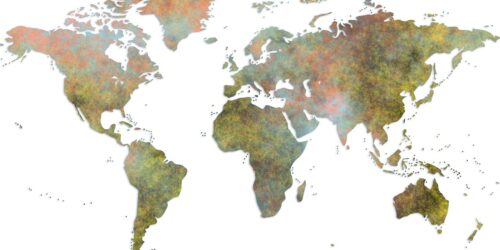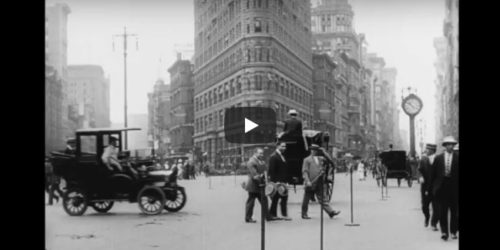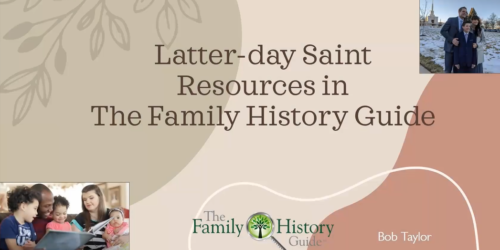How Will You Write Your Own Story?
As you consider how to write your own story, you might find just find the help and encouragement you need in the blog post 18 Writing Tips …How To Tell Personal and Family Stories With Confidence. The author explains that “no one is more qualified” to tell your story than you are and shares the following example:
Seventeen years after my Grandpa Bob passed away, my dad planned a family reunion at a park in Northern Utah. Prior to the reunion, he invited his four siblings and their children to email him their favorite memories of Grandpa Bob. He compiled the memories in a 16-page document and printed copies for everyone. One of my favorite entries came from my cousin, Natalie, who signed off with an apology: “I’m not a good writer, so hopefully this all made sense. I’m sad my memory isn’t better.” I was surprised. The stories Natalie shared were interesting and specific, full of fun details and sayings Grandpa was known for. Her words painted a vivid picture of him that made me miss him acutely. I didn’t once notice an ungrammatical sentence in that collection of memories. That’s not what matters. What matters is authenticity, voice, and perspective. What matters is that our stories get told, in all of their imperfect glory…You are absolutely the best person in the world to write your story and your family history. You are the only human being ever born to this earth who has your unique perspective and life experiences. You know all the details. You were there. J.K. Rowling couldn’t tell your stories better than you can.
Simple steps (with links to lead you to even more help) include such tips as telling stories aloud to make them easier to write about, making a timeline of your life (but not feeling compelled to write chronically), using memory triggers, getting help from other people, and a myriad of other helpful information and inspiration. The author gives this advice:
It doesn’t matter how far behind you feel you are in capturing your personal history. Start somewhere, and start today. Even if you don’t have time to delve deeply into the past right now, make a regular habit of capturing and collecting current thoughts and memories. The important thing is to capture them while they’re still fresh; you can always organize and rearrange your memories later…The more you exercise your writing muscles, the easier and more naturally your words will flow. Set aside a block of time once a week for journal writing, as the #52stories project encourages you to do. If that sounds overwhelming, write every other week or once a month instead. You could also pick one month a year (maybe your birthday month) where you write briefly every day—either about your current life or about your past or your family history. Do what you have to do to remove barriers and make journaling fit your lifestyle, even if that means carrying a small journal in your purse or writing your entire journal in a Notes file on your smartphone.
In addition, The Family History Guide offers step-by-step instruction for a variety of ways to accomplish the delightful (yet often daunting) endeavor of writing your family story for others to read. Many ideas are found on the Memories Tab (in the FamilySearch drop-down menu on the home page) in the following categories (Project 2): 1: Gather Your Records 2: Gather Records from Others 3: Interview Relatives 4: Browse Memories 5: Prepare Uploads 6: Add and Tag Photos 7: Add Documents 8: Add Stories 9: Write a Life Sketch 10: Add Audio Files 11: Use the Gallery 12: Solutions Gallery.” There is also a marvelous booklet entitled My Family: Stories That Bring Us Together available on FamilySearch. The online version is free and accessible through your FamilySearch account where you can also print a copy. Find out how it can help you capture and preserve your own information and that of your family members including photos, names, dates, and precious family stories. This is a great starting point and is included as one of the activities in The Family History Guide Family Activities Section (see F4-02). See how one grandmother uses this booklet to help her grandchildren write their own lives and learn about their ancestors in this video found on our YouTube channel.
Write away right away! Your story needs to be told.





